By Swill Mavua
The Financial Times (FT) “What Nigeria needed above all was a clean election to reiterate the basic message of democracy: that a sovereign people can choose its leaders. Sadly, it did not happen. The election — which appears to have delivered the presidency to Bola Tinubu, a wealthy political fixer running for the incumbent All Progressives Congress — was badly mismanaged at best. It failed to set the example needed for west Africa, a region where too many national leaders have extended term limits or resorted to seizing power at gunpoint. Nigeria remains a democracy, but only just.”
Bloomberg: “Bola Tinubu won’t have much time to celebrate his victory in Nigeria’s presidential election. Africa’s biggest economy is facing a deepening fiscal crisis, acute shortages of domestic and foreign currency, and widespread insecurity. The government’s ability to deal with those issues is being undermined by a gasoline subsidy that will drain 6 trillion naira ($13 billion) from state finances this year about two-thirds of the revenue expected to be generated by oil and gas output.”
“After the buzz of a rare third party candidate and a chaos of a cash crisis, Nigerians chose continuity. The election process, which was supposed to be smoother this year because of technology, was anything but.”
“Questions about the narrow win for Bola Tinubu, the ruling party candidate who was backed by only a third of the states and garnered a similar proportion of votes, may make it more difficult for him to tackle the myriad challenges facing the continent’s most populous nation.”
New York Times: “The winner of Nigeria’s presidential election, Bola Tinubu, is a divisive figure in Africa’s most populous country. Mr. Tinubu is revered by some as a political wizard and the man who turned around the fortunes of Lagos, Nigeria’s labyrinthine megacity. His supporters are hoping he can repeat that performance on a national level. Others deride Mr. Tinubu, the candidate of the governing All Progressives Congress party, as “corruption personified” and accuse him of looting state coffers as the governor of Lagos. And many simply worry that Mr. Tinubu is a potential embarrassment to Nigeria, sometimes sounding incoherent and appearing unwell. He says he is 70, but his real age is a matter of dispute.”
Chatham House: “At just 25.7 percent, the elections have the lowest recorded turnout of any election since Nigeria returned to democracy in 1999, despite being the most expensive. These dwindling numbers highlight how Nigeria’s politics and state institutions continue to exclude rather than include.”
“The commission’s patchy deployment of technology in the use of a Bimodal Voter Accreditation System (BVAS) is still being intensely scrutinized and criticized. It failed to adhere to its own statements and guidelines, which derive from its laws, that election results would be uploaded to its portal using the BVAS directly from the polling unit in real-time for the public’s viewing.”
South Africa’s Broadcasting Corporation (SABC): “Nigeria’s electoral commission on Wednesday declared ruling party candidate Bola Tinubu president-elect after a disputed weekend election, at a ceremony that was snubbed by the two main opposition parties.”
“Tinubu’s victory extends the ruling All Progressives Congress (APC) party’s grip on power in Africa’s top oil producer and most populous nation, though he inherits a litany of problems from President Muhammadu Buhari, also of APC.”
Reuters: “Nigeria’s ruling party candidate, Bola Tinubu, was declared president-elect of Africa’s most populous nation in the early hours of Wednesday after a weekend election that the main opposition parties have disputed.”
“For much of his political career, Nigerian President-elect Bola Tinubu has exerted power from behind the scenes, widely regarded as a “godfather” who uses an extensive patronage network to back candidates for office. Tinubu’s support helped outgoing leader Muhammadu Buhari win two terms in office, in 2015 and 2019. And since he bowed out as Lagos governor in 2007, Tinubu has picked every subsequent winning candidate to run Africa’s biggest city.”
The Guardian UK: “Tinubu’s victory after the weekend vote signalled the continued dominance of the established political elite in Nigeria. Analysts had described the poll as a potential “inflection point” for Africa’s most populous country, which is struggling with economic turmoil, widespread violence and corruption.”
“The Independent Nigerian Election Commission (INEC) announced final results early on Wednesday, after a chaotic count lasting almost four days.”
“Though Tinubu’s victory appears to reinforce the ruling All Progressives Congress (APC) party’s grip on power, the count showed that reformist candidate Peter Obi overcame a lack of resources and weak organization to make big gains.”
BBC: “With about 8.8 million votes cast for Mr. Tinubu, he was the choice of less than 10% of the record 93 million Nigerians who registered to vote, helped by a divided opposition.”
“A newly introduced electronic voting system seems to have eliminated the ballot-stuffing that happened in the past and helped present a more accurate picture of the voting population.”
“But given that 87 million people actually collected their voter cards before election day – which was not an easy process and involved queuing for hours – it is more likely that problems on voting day, rather than voter apathy, was responsible for the low number of ballots cast.”
“Many potential voters left polling stations without casting their ballots after voting did not start on time in many places.”
“In some opposition strongholds, voting did not take place at all and there were also cases of ballot-box snatching and voter intimidation in southern states such as Rivers, Lagos, and Delta.”
Chinese News Agency: “Bola Tinubu from Nigeria’s ruling All Progressives Congress party has won Nigeria’s presidential election with over 8.79 million ballots, the country’s electoral body said Wednesday.”
“The 70-year-old president-elect defeated his closest rival, former Vice President Atiku Abubakar, candidate of the main opposition Peoples Democratic Party, said Mahmood Yakubu, chairman of the Independent National Electoral Commission.”
“Abubakar got over 6.98 million votes and was closely trailed by Peter Obi, candidate of the Labor Party, who secured about 6.1 million votes.”
“The election was one of the most hotly contested races in the country’s history, with Tinubu losing Lagos, his stronghold in the country’s southwest region, to Obi.”
Washington Post: “Turnout was lower than in 2019, according to election officials, with 27 percent of people casting ballots Saturday compared with 35 percent four years ago. Nigeria, a country of 220 million, usually has low turnout for its elections, but analysts warned it could be even lower this year because of a nationwide cash shortage caused by a currency redesign.”
“In the week leading up to the election, many voters in the largest city, Lagos, said they didn’t have the cash needed to travel to their home states to vote or had lost the desire because of how hard life has become in recent weeks.”
“Tinubu, who had the support of Buhari and a massive get-out-the-vote effort behind him, ran on the slogan “It’s my turn.” He benefited because the opposition was divided between Obi, 61, a former governor popular among the youth, and Abubakar, 76, on his sixth bid for the presidency.”
Credit: Nairametrics.


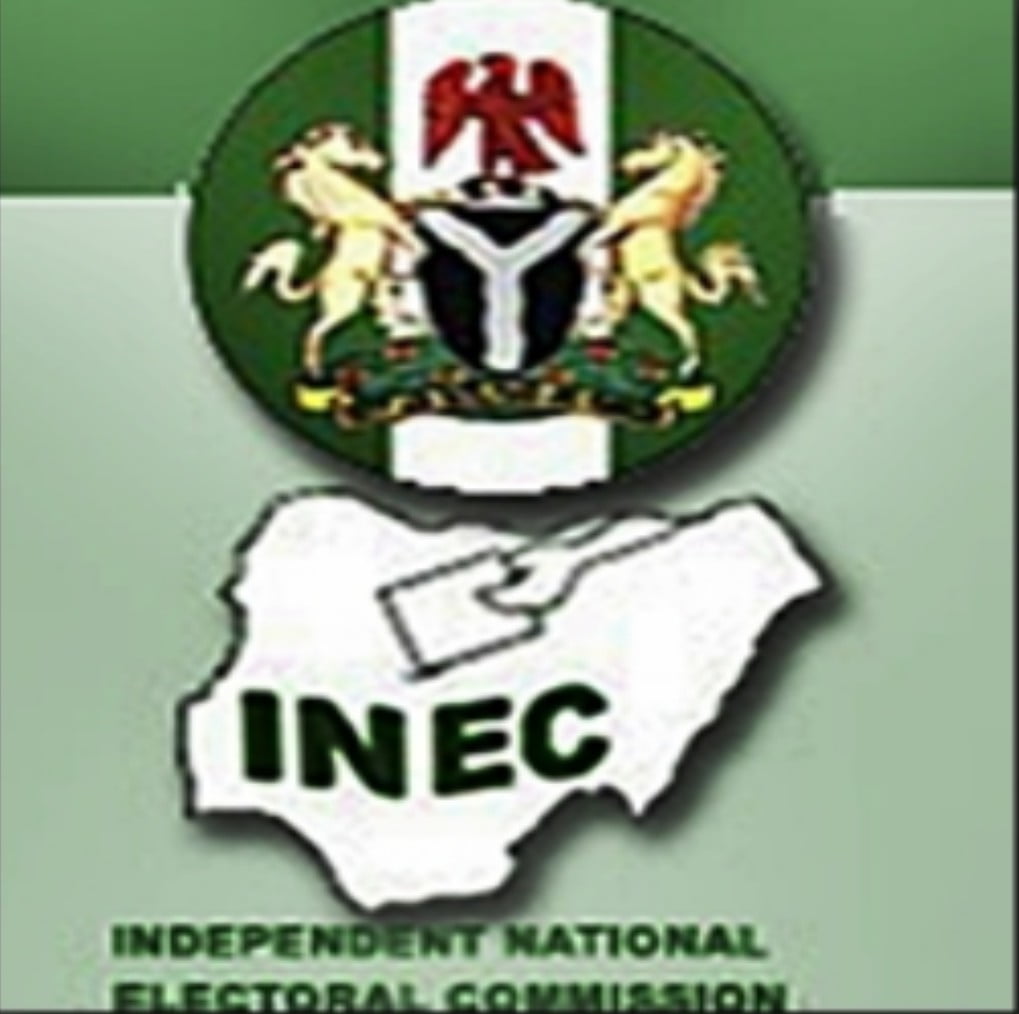
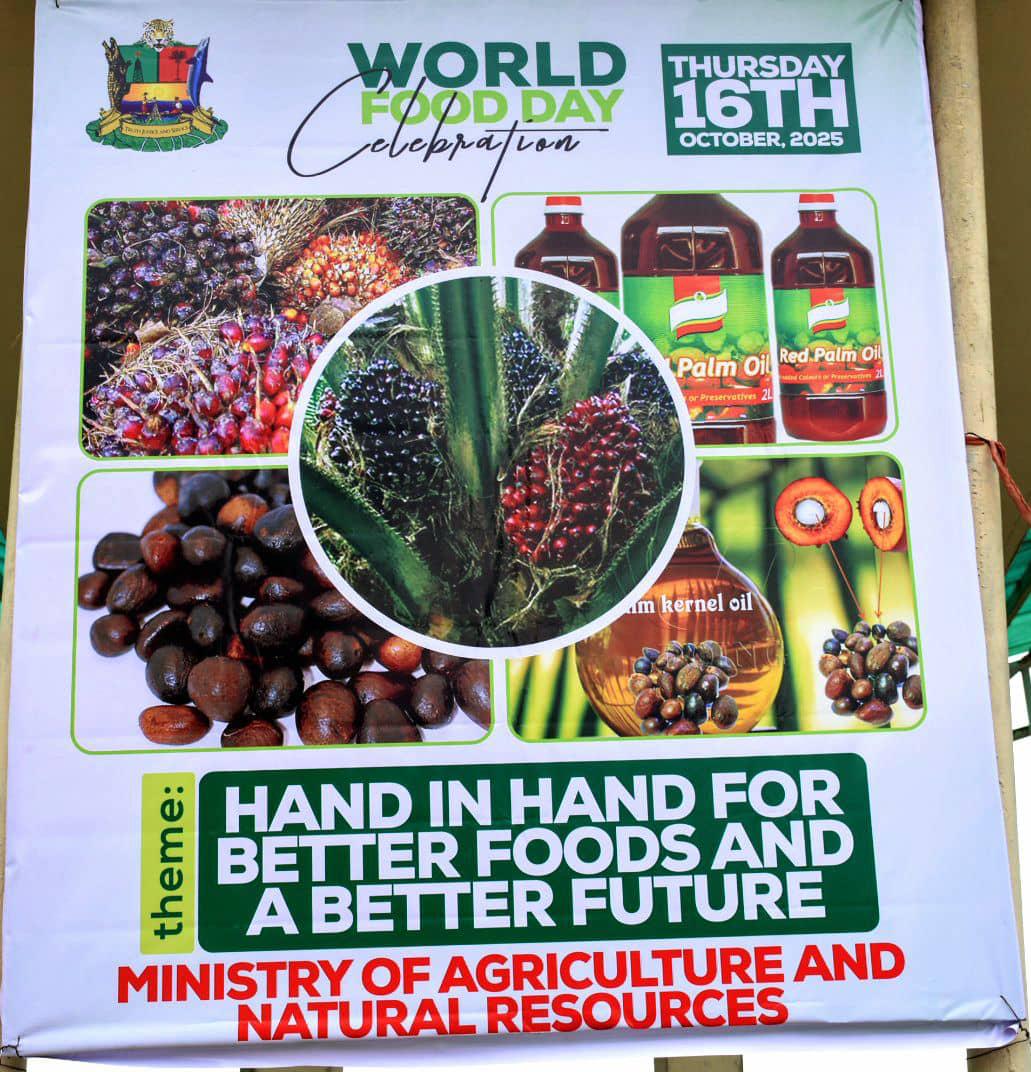
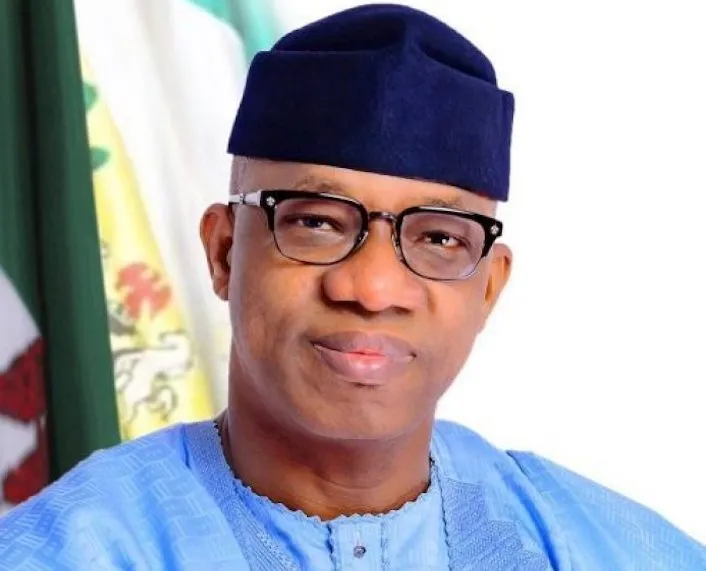

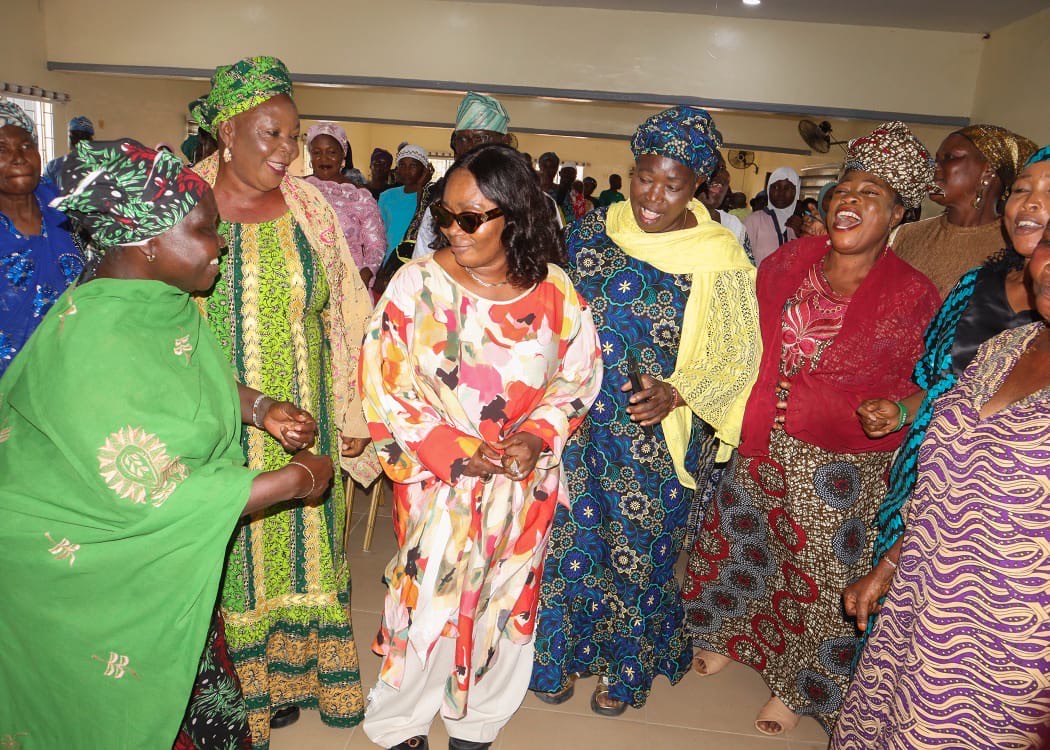
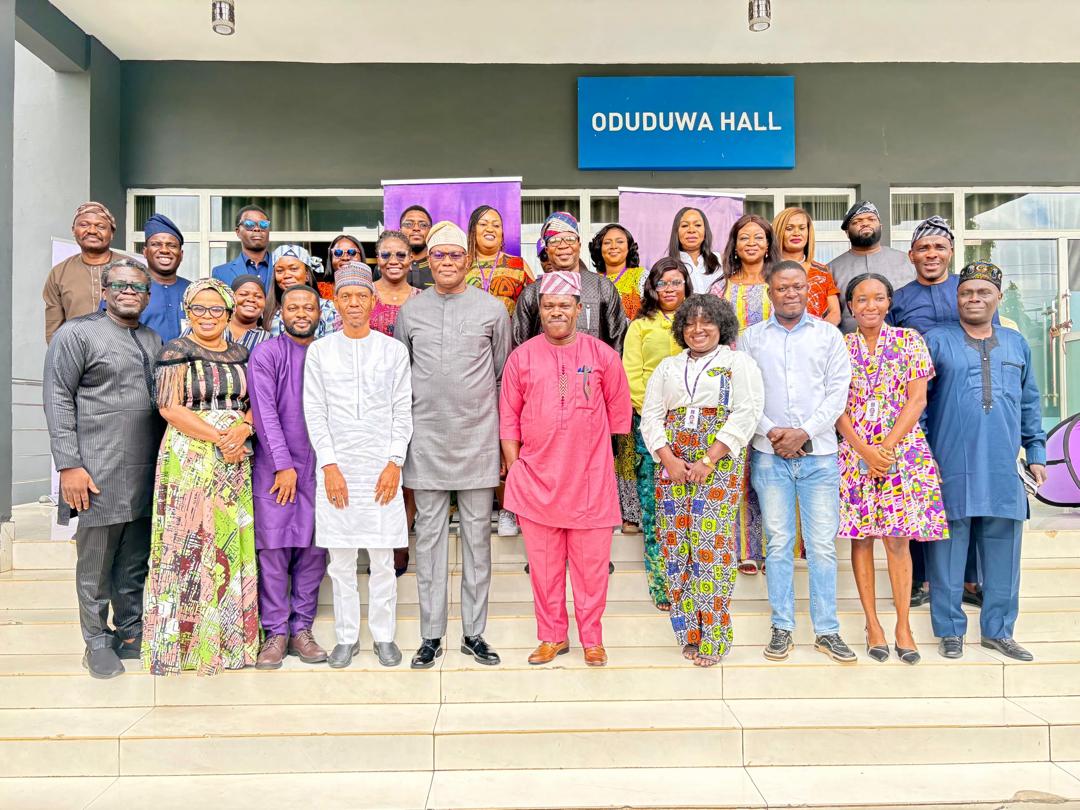
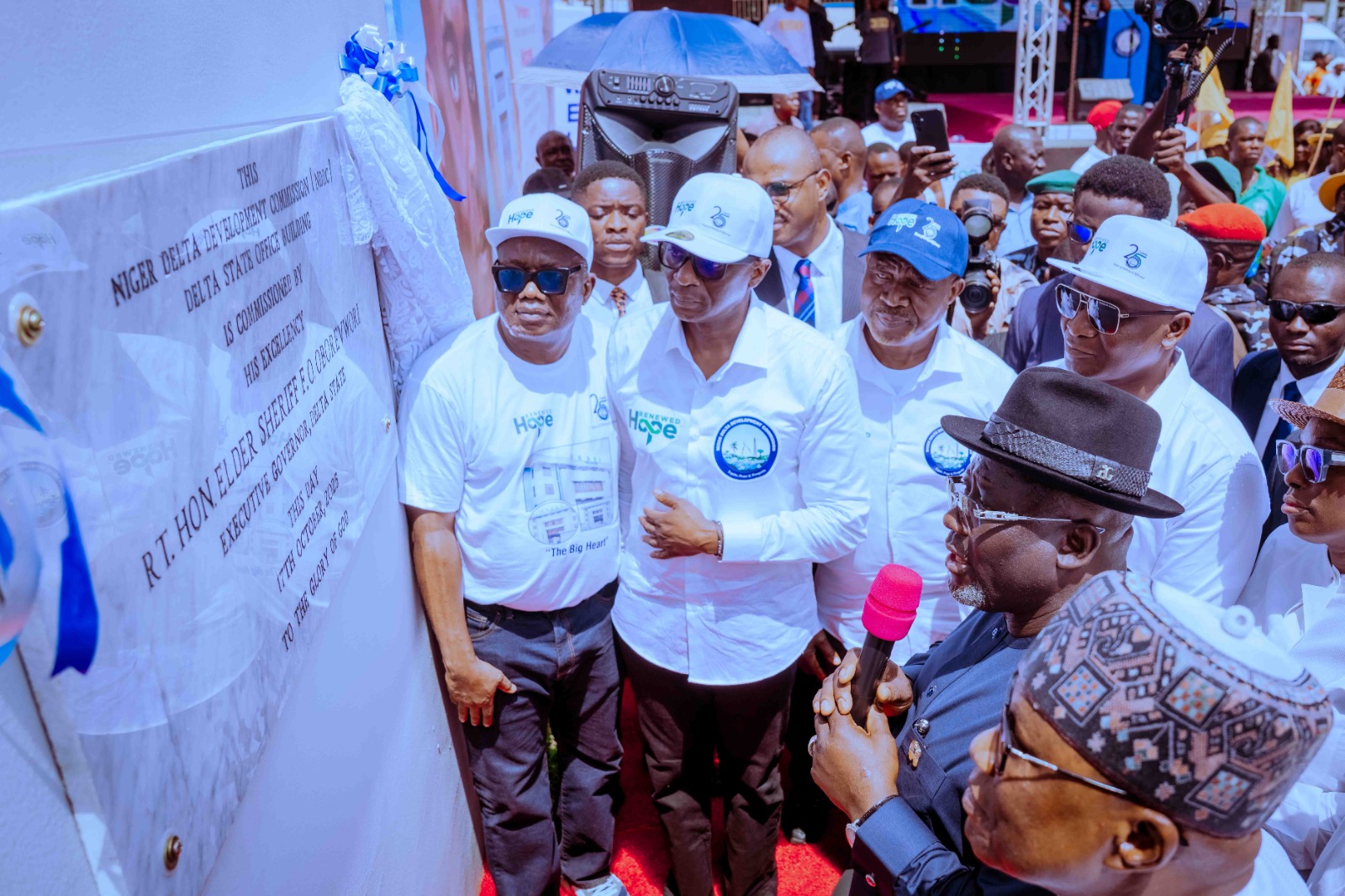

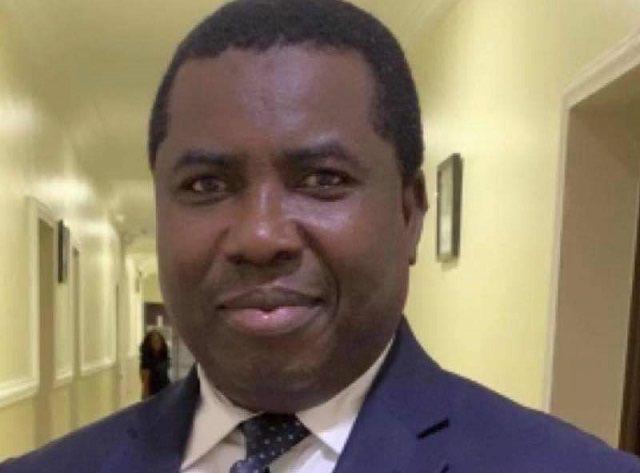
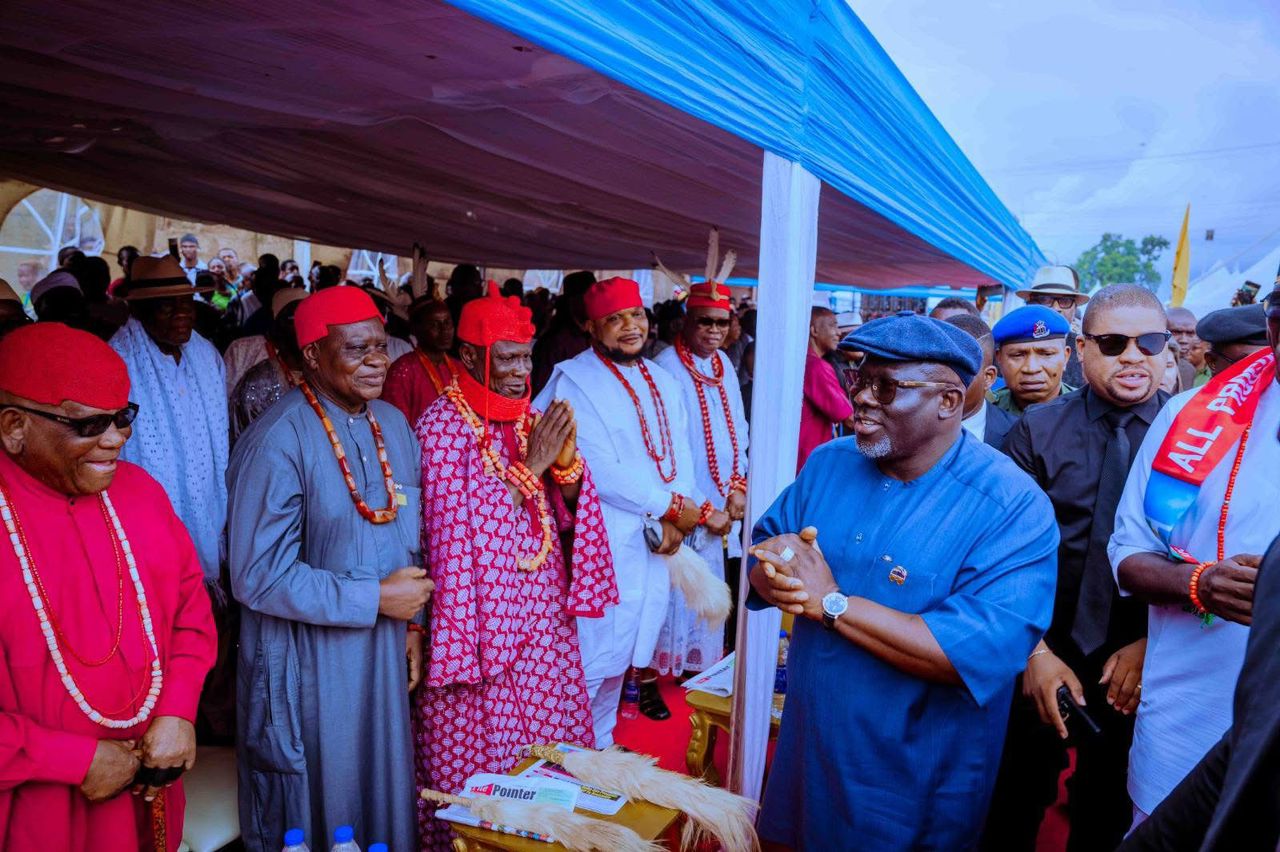

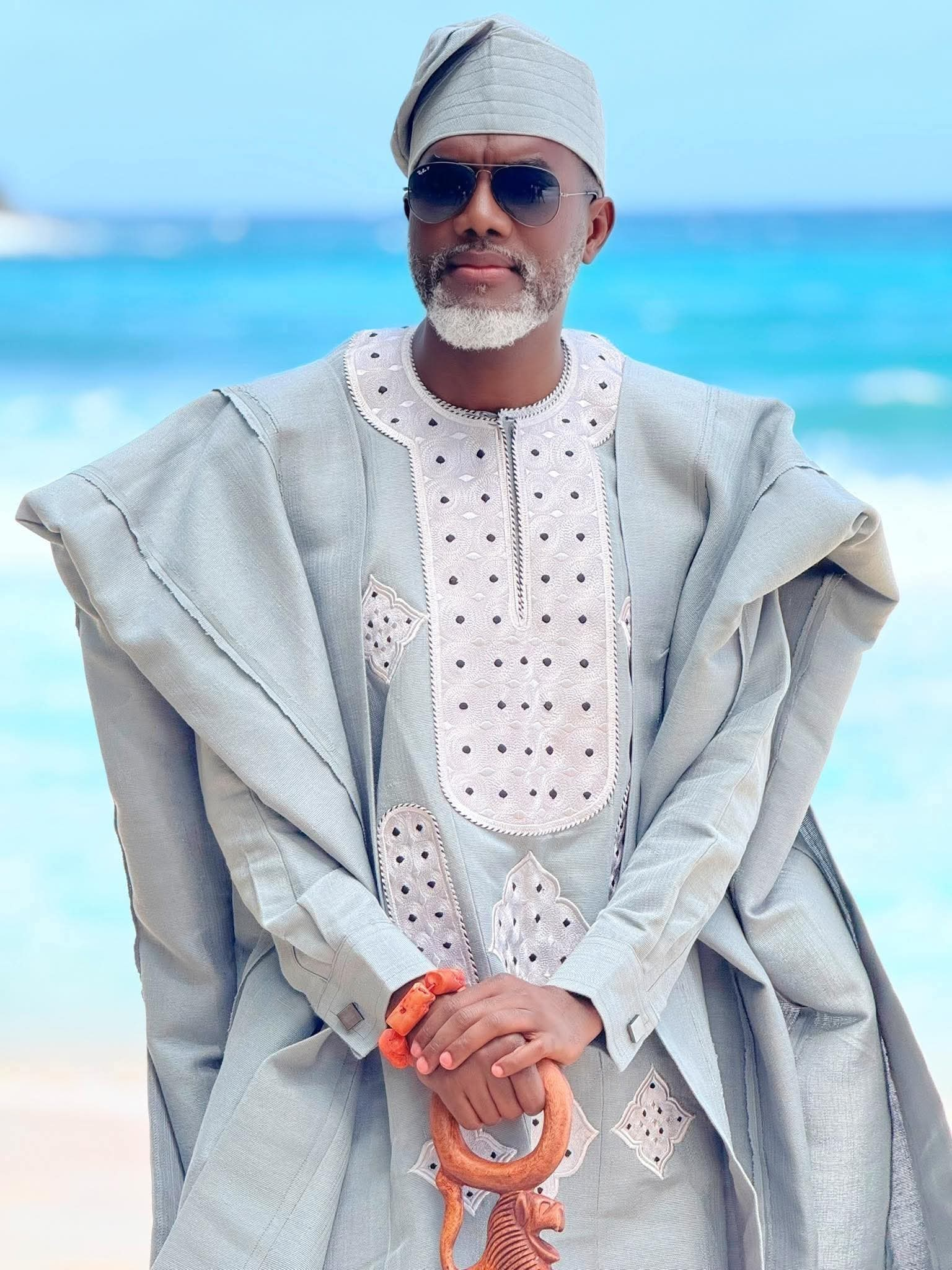
Leave a Reply